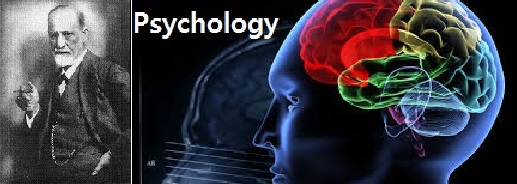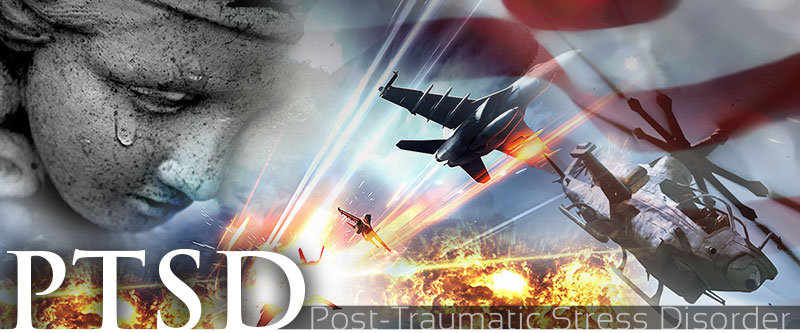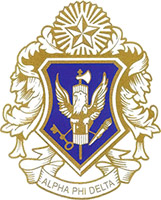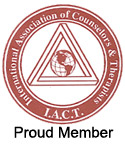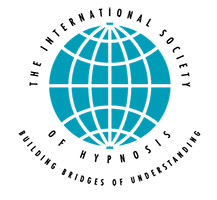
Addiction is when the body or mind badly wants or needs something in order to work right. When you have addiction to something it is called being addicted or being an addict. People can be addicted to drugs, cigarettes, alcohol, caffeine, gambling, sex and many other things.
When somebody is addicted to something, they can become sick if they do not get the thing they are addicted to. But taking more of the thing they are addicted to can also hurt their health. Some people who are addicts need help to cure the addiction, so they no longer crave (want or need) the “drug”.
Addiction takes place when the addictive element enters the body. The blood stream moves the element around the body so that it gets to the brain, and makes the person feel that they are enjoying it; then they want more of that “substance”. This takes place remarkably fast for some addictions such as hashish and cocaine; but all of them control the consumer. Once under this control, the consumer does not have a completely free will, and listens to the addiction's bidding.
People can also be addicted to other things which are not drugs. You may hear people talk about being "addicted to the Internet" or "addicted to chocolate". This means that they get into a habit of enjoying that thing, so if they have to go without it for a while, they miss it a lot.
Drug addiction can simply be defined as a "chronic relapsing disorder characterized by persistent drug-seeking and drug-taking behaviours". Drug addiction is chronic, with no known cure, Controlled may be by means such as voluntary 12 step programs, group therapy, one on one therapy, and mandatory methadone maintenance. Treatment programs can be successful in treating the addiction. Without treatment, active drug addicts often end up dead, incarcerated, or in institutions.
Substance dependence
"When an individual persists in use of alcohol or other drugs despite problems related to use of the substance, substance dependence may be diagnosed. Compulsive and repetitive use may result in tolerance to the effect of the drug and withdrawal symptoms when use is reduced or stopped. This, along with Substance Abuse are considered Substance Use Disorders...."
Substance dependence can be diagnosed with physiological dependence, evidence of tolerance or withdrawal, or without physiological dependence.
Substance dependencies:
Alcohol dependence, Opioid dependence, Sedative, hypnotic, anxiolytic dependence (including benzodiazepine dependence and barbiturate dependence), Cocaine dependence, Cannabis dependence, Amphetamine dependence (or amphetamine-like), Hallucinogen dependence, Inhalant dependence, Polysubstance dependence, Phencyclidine (or phencyclidine-like) dependence, Other (or unknown) substance dependence, Nicotine dependence (tobacco or tobacco substitutes).
Behavioral addiction
The term addiction is also sometimes applied to compulsions that are not substance-related, such as compulsive shopping, sex addiction/compulsive sex, overeating, problem gambling, exercise/sport and computer addiction. In these kinds of common usages, the term addiction is used to describe a recurring compulsion by an individual to engage in some specific activity, despite harmful consequences, as deemed by the user themselves to their individual health, mental state, or social life. There may be biological and psychological factors contributing to these addictions.












